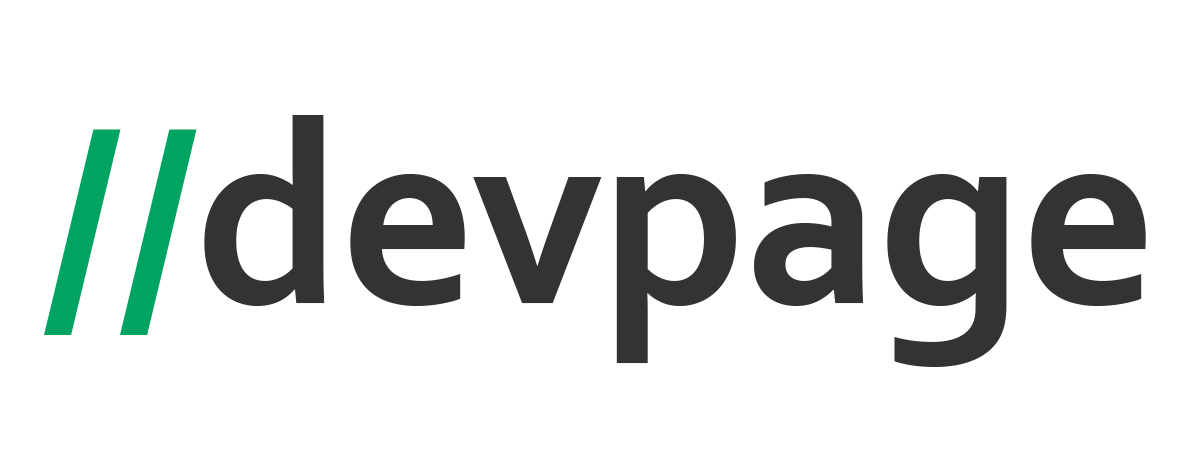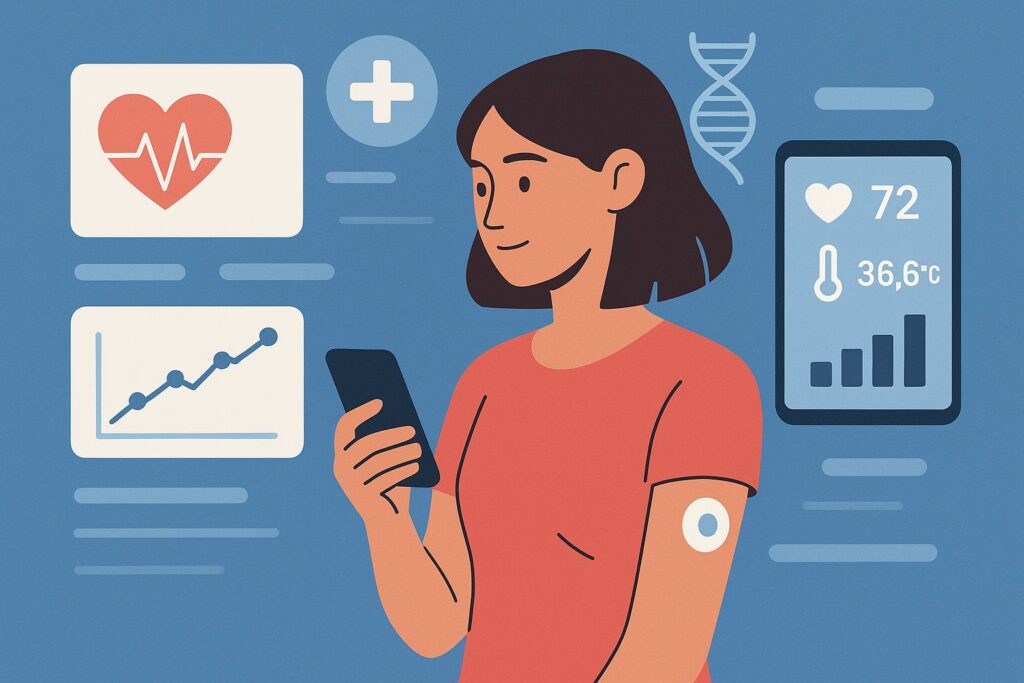Health is personal. And thanks to tech, it’s now also portable. From heart rate tracking to sleep cycle analysis, modern health monitoring apps are making wellness smarter, more precise, and (for once) easy to stick with. These apps are not just digital logs — they are real-time health companions that turn raw biometric signals into meaningful insights.
Why Health Apps Matter More Than Ever
We live in a time where being proactive about health can make all the difference. Chronic diseases, stress-related illnesses, and sedentary lifestyles are on the rise. Health apps are stepping in not just as trackers, but as preventive tools. They empower users to manage wellness daily — not just during yearly checkups.
From Data to Decisions: How These Apps Work
At the core of every great health app is a combo of science and software. Sensors (in phones or wearables) capture data like heart rate, oxygen saturation, temperature, and motion. Then algorithms analyze that data to identify trends, flag anomalies, or simply suggest improvements. It’s the backend magic that turns numbers into nudges.
- Heart Rate Variability (HRV) tracking: early warning for stress and fatigue.
- SpO2 Monitoring: helps identify respiratory issues or sleep apnea risks.
- Sleep Analysis: REM, light, and deep sleep cycles decoded.
- Menstrual Cycle & Fertility: hormone-driven insights for better planning.
- Blood Glucose Trends: especially for diabetics or those at risk.
Top Health Monitoring Apps Worth Knowing
Let’s look at some of the top players pushing this science-tech hybrid forward:
- Apple Health / Apple Watch: Heart, sleep, activity, and even ECGs in your pocket.
- Fitbit: Great ecosystem for fitness, sleep, and stress tracking with social motivation.
- Whoop: Elite-grade HRV and strain tracking for performance optimization.
- Oura Ring: Compact and stylish ring that quietly captures your health signals 24/7.
- Flo: Women’s health tracking app that uses AI to predict cycles and symptoms.
Behind the Screens: Tech That Makes It Possible
These apps rely heavily on advances in both hardware and software. On the hardware side, sensors like photoplethysmography (PPG) for heart rate or infrared LEDs for SpO2 are key. On the software side, machine learning plays a huge role — spotting patterns that a human might miss, predicting outcomes, and adapting to your behavior over time.
Regulations, Privacy, and Medical Validity
Health apps straddle a thin line between wellness tools and medical devices. That’s why many are now pursuing FDA approvals or EU MDR compliance. Accuracy matters. Privacy matters even more. With biometric data, encryption and strict data handling policies are essential. Users should always know who owns their data and how it’s used.
Wearables + Apps: The Power Duo
While standalone apps are useful, pairing them with wearables takes everything up a notch. A smartwatch or ring can feed continuous data into your app — enabling early detection, 24/7 tracking, and real-time alerts. Think fall detection, heart arrhythmia alerts, or stress overload warnings.
Fitness vs Medical: Where’s the Line?
Not all health apps are created equal. Some focus purely on lifestyle (think calorie counting or meditation), while others are edging into clinical territory (like AFib detection or glucose prediction). The future? Likely a merge. We’ll see more FDA-cleared apps that still feel fun, friendly, and frictionless.
Science-Driven Engagement: Making It Stick
The biggest challenge in health tech? Retention. Users download, try it for a week, then drop off. That’s where behavioral science comes in. Habit formation, gamification, social accountability — apps that understand the psychology of change have a far better shot at becoming daily habits.
- Streaks: Keeping users motivated by rewarding consistency.
- Micro-goals: Encouraging daily wins, not just long-term targets.
- Peer support: Groups and challenges to keep you in the loop.
What’s Coming Next?
The future of health monitoring apps looks even more exciting — and a bit sci-fi. Here’s what’s on the horizon:
- Non-invasive glucose monitoring via optics or sweat sensors.
- AI diagnostics that detect early-stage diseases before symptoms appear.
- Personalized medicine recommendations based on app-generated health profiles.
- AR health assistants that walk you through exercises or recovery regimens in real time.
Final Thoughts
Health monitoring apps aren’t just gadgets. They’re part of a growing movement to make wellness more scientific, more proactive, and more accessible. As long as they stay user-centered and privacy-conscious, they’ll continue to bridge the gap between tech and well-being — one heartbeat, step, and breath at a time.


